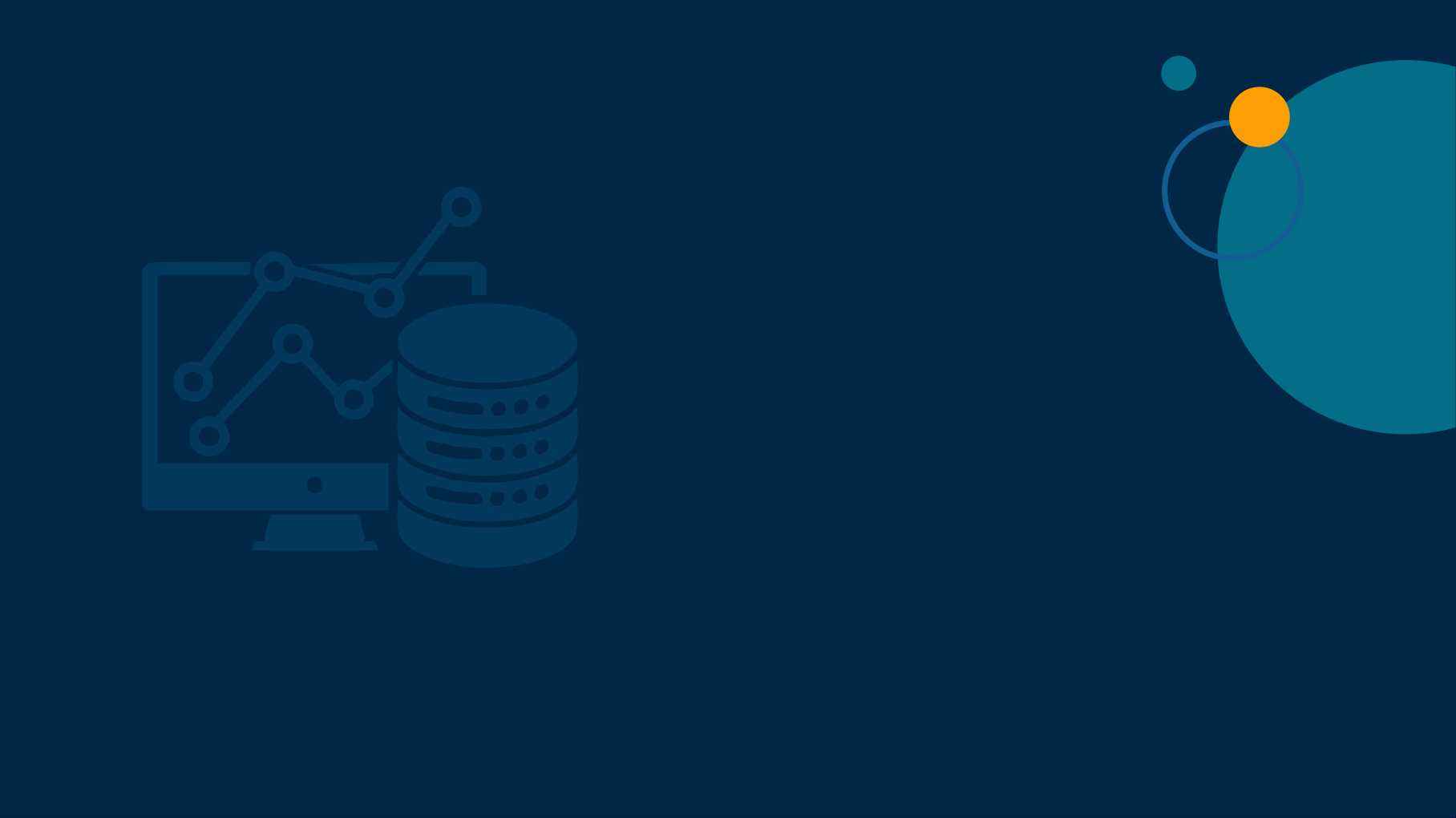
This course is designed to teach individuals how to analyze and extract valuable insights from large and complex datasets. Big data analytics involves the use of advanced technologies and techniques to process, store, and analyze massive volumes of data, enabling data-driven decision-making.
In summary, this course provides individuals with the knowledge and skills needed to analyze large and complex datasets effectively. Whether you're pursuing a career in data analytics or looking to enhance your data analysis skills, this course offers a comprehensive foundation in big data analytics concepts and practices.
The content of this course includes the following key topics:
Introduction to Big Data: An overview of big data, its characteristics (volume, velocity, variety, veracity, value), and its impact on businesses and industries.
Big Data Technologies: Familiarity with big data technologies and ecosystems, including Hadoop, Spark, and NoSQL databases.
Data Collection and Integration: Methods for collecting, cleaning, and integrating data from various sources, including structured and unstructured data.
Data Storage: Understanding distributed file systems (HDFS) and data storage solutions for big data, including cloud storage.
Data Processing: Techniques for processing and transforming data, including batch and real-time processing.
Data Analysis: Applying statistical and machine learning methods to analyze data and extract meaningful insights.
Data Visualization: Creating data visualizations and dashboards to communicate findings effectively.
Data Mining: Exploring data mining techniques for pattern recognition and predictive analytics.
Data Modeling: Building data models and machine learning models for classification, regression, clustering, and recommendation.
Big Data Analytics Tools: Working with tools and frameworks like Apache Hadoop, Apache Spark, Python libraries (e.g., Pandas, NumPy), and data analytics platforms (e.g., Tableau, Power BI).
Distributed Computing: Understanding distributed computing principles and parallel processing for big data analytics.
Scalability and Performance: Strategies for optimizing big data analytics performance and scalability.
Data Security and Privacy: Addressing security and privacy concerns in big data analytics.
Use Cases: Exploring real-world use cases of big data analytics in various industries, including finance, healthcare, e-commerce, and marketing.
Big Data Architecture: Designing and implementing big data architecture for data storage, processing, and analytics.
Cloud-Based Big Data: Leveraging cloud-based big data services and platforms.
Ethical Considerations: Discussing ethical considerations related to big data analytics, including data ethics and bias.
Big Data Governance: Implementing governance and compliance practices for big data initiatives.
Performance Monitoring and Optimization: Monitoring big data analytics performance and optimizing queries and processes.
Real-World Projects: Applying big data analytics concepts to practical projects and scenarios.
Enrolling in this course offers several benefits:
In-Demand Skills: Provides valuable skills for careers in data analysis, data science, and big data engineering.
Data-Driven Decision-Making: Equips individuals and organizations to make data-driven decisions and gain a competitive edge.
Career Opportunities: Opens doors to roles such as data analyst, data scientist, big data engineer, and business intelligence analyst.
Business Impact: Enables organizations to extract actionable insights from large datasets for improved operations and strategy.
Problem Solving: Enhances problem-solving and critical thinking skills through data analysis challenges.
Continuous Learning: Encourages staying updated with the latest big data technologies and analytics methods.
Community and Networking: Connects individuals with a community of data professionals and analysts.